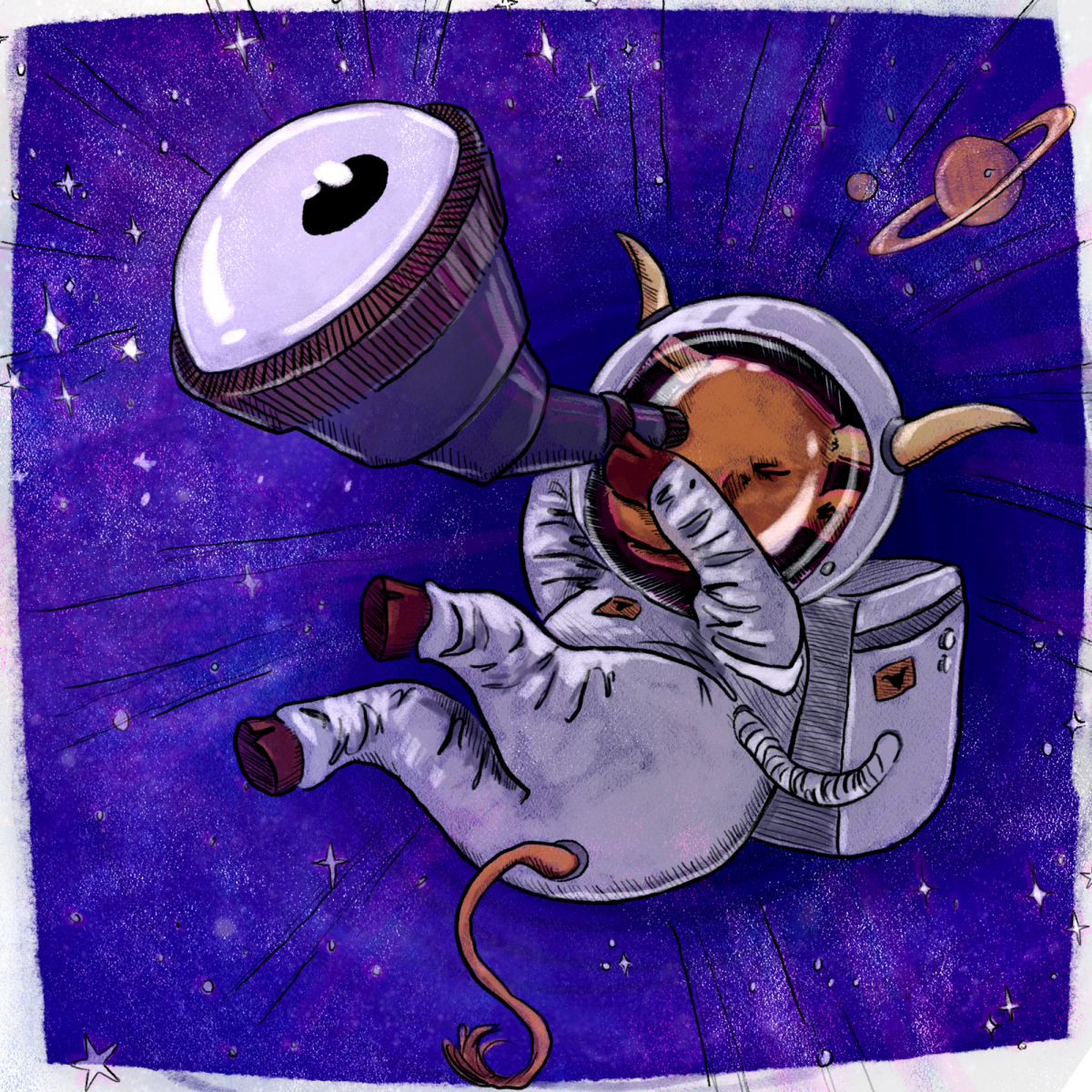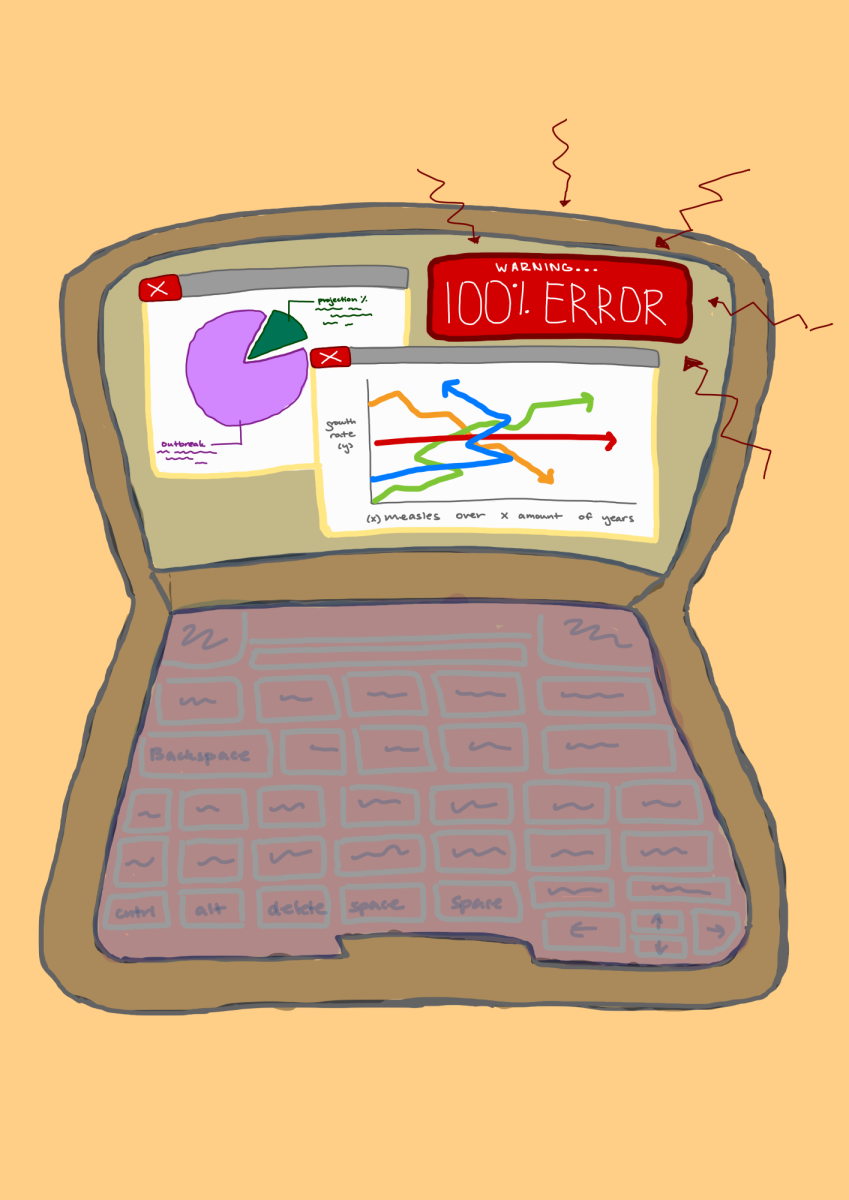A new UT science institute will use artificial intelligence to research unanswered questions about the formation of the universe starting Oct. 1.
At the institute, called CosmicAI, University faculty members with experience in astronomy, computer science and linguistics will develop AI tools to answer questions related to the origin of life, according to a press release. The institute will receive $20 million over the span of five years to advance scientific and mathematical research, half of which comes from the National Science Foundation and the rest from the Simons Foundation.
Stella Offner, director of the CosmicAI Institute, said members will develop their own AI tools to assist in data collection, analysis and astronomical calculations.
“I put together this team and applied to this solicitation because I really care about AI and machine learning in astronomy,” Offner, an associate professor of astronomy, said. “This has been the first time that NSF put a call out for an astronomy-specific AI institute, so it was a pretty amazing opportunity.”
Arya Farahi, a research group AI lead for the CosmicAI Institute, said he and his team are researching dark matter, which is difficult to detect in galaxies. This research contains large amounts of data, which is why AI is needed, he said.
“The volume of data we are producing in the simulations are exceeding the capability of (the) individual researcher,” said Farahi, an assistant professor of statistics and data science. “(It is also exceeding the) individual analysis tool (that goes) through all the data (to try to) discover some nuances that are very exciting and hidden.”
Aside from faculty research, Offner said the CosmicAI institute eventually plans to offer research opportunities for undergraduate and graduate students about coding and data science techniques.
Offner said the goal is to make the team’s AI tools public within two or three years. Some of the data and tools will be available on GitHub, a platform where astronomers share their code.
“I’m really excited about working with this great team of really knowledgeable and enthusiastic experts,” Offner said. “They’re interdisciplinary, which makes everyone really interesting to talk to and collaborate with. I’m excited about all of the amazing things we’re going to be able to do.”














